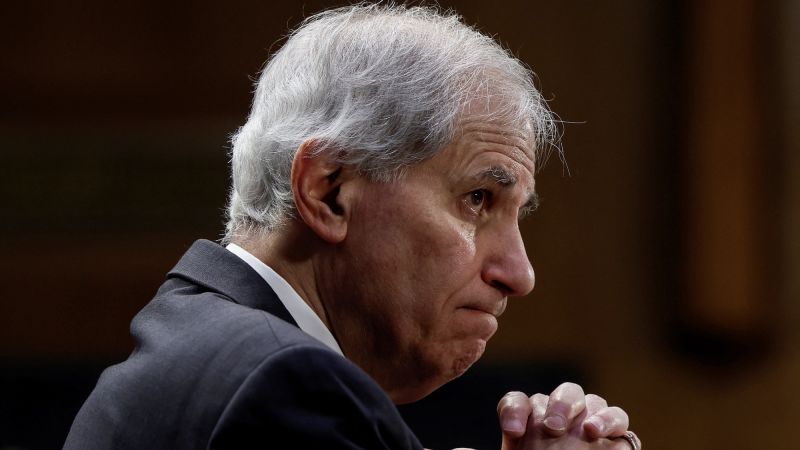On March 11, 2020, oil pumping jacks, often known as “nodding donkeys,” work in an oilfield near Almetyevsk, Tatarstan, Russia. Getty Images | Andrey Rudakov | Bloomberg On Monday, oil rose to its highest level in nearly three years after OPEC and its oil-producing partners failed to reach an agreement on production policy for August and beyond, delaying discussions indefinitely. The U.S. oil benchmark, West Texas Intermediate crude futures, rose 1.56 percent, or $1.17, to $76.33 a barrel, the highest level since October 2018. Brent crude increased 1.2 percent, or 93 cents, to $77.10 per barrel on the international market. Discussions between OPEC and its partners, known as OPEC+, began last week as the energy alliance sought to determine output policy for the rest of the year. On Friday, the group approved a proposal to return 400,000 barrels per day to the market each month from August through December, resulting in an additional 2 million barrels per day by the end of the year. Members also suggested that the output cuts be extended until the end of 2022. The United Arab Emirates, on the other hand, rejected these offers, and the group’s efforts to achieve an agreement lasted from Thursday to Friday. Discussions were supposed to resume on Monday, but they were postponed. In a statement, OPEC Secretary General Mohammad Barkindo said, “The date of the next meeting will be established in due course.” In April 2020, OPEC+ took significant steps to sustain prices by removing over 10 million barrels per day of production in an effort to keep prices stable as demand for petroleum goods fell. Since then, the group has been gradually returning barrels to the market, meeting nearly monthly to debate output policy. On Sunday, UAE Minister of Energy and Infrastructure Suhail Al Mazrouei told CNBC, “It wasn’t a favorable deal for us.” He went on to say that the country will support a short-term boost in supply, but that if the policy is continued beyond 2022, the government wants better terms. Because of the sharp rise in oil prices this year (WTI has risen 57 percent in 2021), many Wall Street analysts expected the group to increase production ahead of last week’s meeting in an effort to keep prices in check. In a letter to clients, analysts at TD Securities stated, “With no rise in output, the expected spike in demand should see global energy markets tighten at an even faster rate than projected.” “This deadlock will result in a temporary and much larger-than-expected deficit, which will likely fuel further higher prices in the short term. The summer breakthrough in oil prices is expected to gain traction quickly “the business added. — Sam Meredith of CNBC provided reporting. Have you found this article to be interesting? For unique stock recommendations, investment ideas, and access to the CNBC worldwide livestream, visit www.cnbc.com. Become a CNBC Pro subscriber. Begin your risk-free trial now./n
Read MoreOil prices jump to multiyear highs after OPEC+ talks yield no production deal
2021-07-05T22:52:52-04:00July 5th, 2021|





